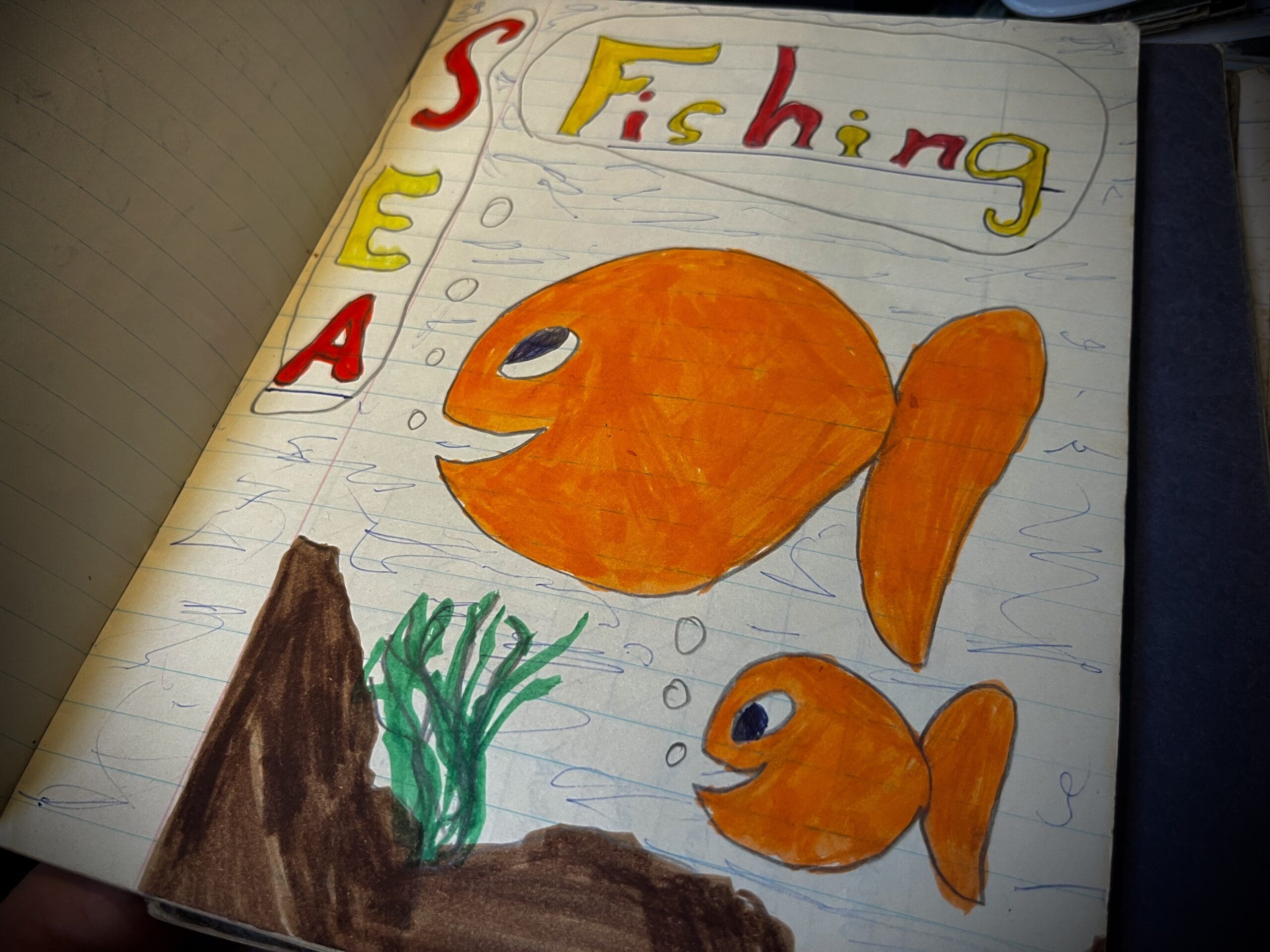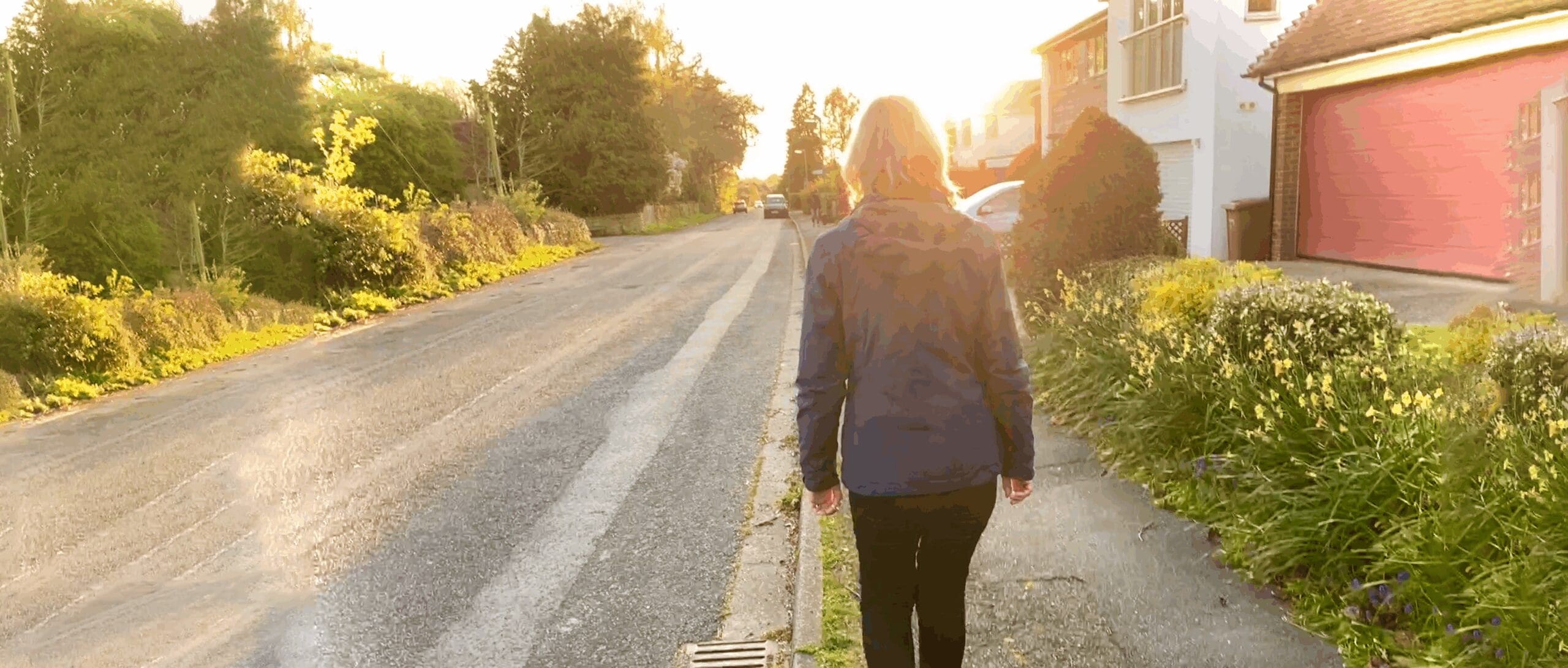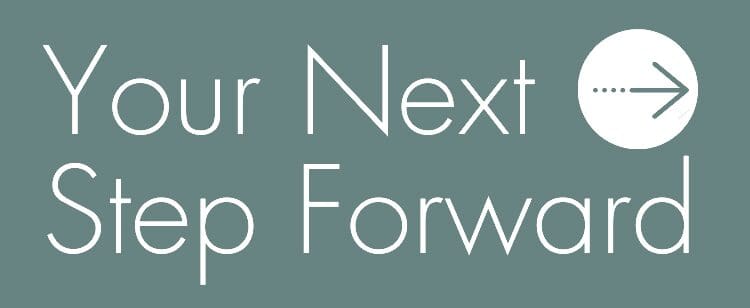Navigating Friendships: A Therapist’s Guide to Healthy Boundaries and Graceful Transitions
As a therapist, I’ve spent many hours helping clients navigate the complex landscape of adult friendships. Unlike family relationships or romantic partnerships, friendships exist in a unique space, they’re voluntary connections that can bring immense joy, but they also require ongoing maintenance and mutual investment. Today, I want to address two particularly challenging aspects of friendship that I see clients struggle with regularly: responding to being ghosted and learning to let go of friendships that no longer serve us.
“People come into your life for a reason, a season, or a lifetime.”
When you understand which category a person falls into, you’ll know what to do with that relationship – whether to cherish the lesson they brought (reason), enjoy the time you have together (season), or nurture the long-term connection (lifetime).
The Ghosting Phenomenon: When Friends Disappear
In our hyper-connected world, ghosting has become an increasingly common way people handle relationship discomfort. When a friend suddenly stops responding to messages, cancels plans repeatedly, or simply vanishes from your life without explanation, it can leave you feeling confused, hurt, and questioning your own worth.
Understanding Why People Ghost
Before diving into how to respond, it’s important to understand that ghosting often says more about the other person’s coping mechanisms than it does about you. People ghost for various reasons: overwhelming anxiety about confrontation, feeling emotionally drained, major life changes they can’t articulate, or simply not knowing how to communicate their changing needs in the friendship.
This understanding doesn’t excuse their behaviour or minimise your hurt feelings, but it can help you avoid taking it personally, which is often easier said than done.
How to Respond When You’ve Been Ghosted
Give it time and space first. Before assuming you’ve been ghosted, consider that your friend might be going through something difficult. Mental health struggles, family crises, work stress, or other life challenges can make someone withdraw temporarily. Give them a week or two before drawing conclusions.
Send one clear, kind message. If the silence continues, send a single, non-accusatory message expressing concern and leaving the door open. Something like: “Hi …, It’s been a while since we last caught up. I hope you’re doing well. If you need space, I understand, but I wanted you to know I’m here if you’d like to talk.”
Resist the urge to pursue relentlessly. Multiple messages, social media comments, or attempts to reach them through mutual friends can push someone further away. One follow-up message is enough.
Focus on what you can control. You can’t force someone to communicate with you, but you can control how you respond to the situation. Use this as an opportunity to strengthen other relationships, engage in self-care, and reflect on what you’ve learned about your friendship needs.
Allow yourself to grieve. Being ghosted can trigger feelings of rejection and abandonment. These feelings are valid. Allow yourself to feel disappointed while also working toward acceptance that some relationships end without closure.
Letting Go of Friendships That No Longer Serve You
Sometimes we find ourselves in friendships that have outgrown their season in our lives. Perhaps you’ve grown in different directions, your values have shifted, or the relationship has become consistently draining rather than nourishing. Learning to let go kindly is both an art and an act of self-compassion.
Recognising When It’s Time to Let Go
The relationship feels consistently one-sided. You’re always the one initiating contact, making plans, or providing emotional support without receiving the same in return.
Your values have significantly diverged. You find yourself in regular conflict about fundamental beliefs or life choices that feel incompatible with your growth.
The friendship drains more energy than it provides. After spending time with this person, you consistently feel depleted, anxious, or stressed rather than uplifted.
You’ve both changed in ways that no longer align. This isn’t anyone’s faul – it’s a natural part of life. People evolve, and sometimes they evolve in different directions.
How to Let Go Kindly
Acknowledge the friendship’s value. Before moving on, take time to appreciate what this relationship brought to your life during its meaningful seasons. Gratitude doesn’t require you to maintain a connection that no longer works.
Gradually create distance. You don’t need to make a dramatic announcement. Simply begin responding less frequently, decline invitations more often, and stop initiating contact. This natural fade allows both parties to adjust gradually.
Be honest if directly asked. If your friend notices the distance and asks about it, you can be truthfully kind: “Honestly, I think we’ve both changed and we’re just in different places now. That’s totally normal. I hope things are going great for you and it might be nice to catch up again sometime in the future.”
Avoid burning bridges unnecessarily. Unless the relationship was harmful or toxic, there’s no need to make definitive statements or create drama. Leave space for the possibility that your paths might cross again in the future when you’re both different people.
Focus on quality over quantity. Use the emotional energy you free up to deepen relationships that do serve you and align with who you’re becoming.
Creating Healthy Friendship Patterns
Be selective about your inner circle. Not every friendly acquaintance needs to become a close friend. It’s perfectly healthy to have different levels of friendship – casual friends, activity-based friends, and deep, intimate friendships.
Communicate your needs clearly. Rather than expecting friends to read your mind, practice expressing your needs and boundaries directly. This prevents resentment and gives relationships the best chance to succeed.
Regular friendship maintenance. Like any relationship, friendships require ongoing attention. Check in regularly, celebrate your friends’ successes, and show up during their difficult times when you’re able.
Accept that some friendships are seasonal. Not every friendship is meant to last forever, and that’s not a failure. Some people come into our lives for specific chapters, and it’s okay to honour what they gave us while allowing the relationship to evolve or end naturally.
The Therapeutic Perspective on Friendship Transitions
From a therapeutic standpoint, how we handle friendship transitions often reflects our attachment styles, self-worth, and communication patterns. If you find yourself repeatedly struggling with these dynamics, it might be worth exploring:
– Your attachment style and how it shows up in friendships
– Patterns of people-pleasing or boundary-setting challenges
– Fear of abandonment or rejection that might keep you in unfulfilling relationships
– Communication skills that could help you navigate difficult conversations
Remember that healthy relationships – including friendships – should enhance your life, not consistently complicate it. While all relationships require work and will have challenging moments, they should generally leave you feeling supported, valued, and understood.
Key Takeaways: Building Resilience Through Friendship Transitions
Remember These Essential Truths:
People come into your life for a reason, a season, or a lifetime.
Friendship challenges are opportunities for growth. Each difficult relationship experience teaches you about your needs, boundaries, and capacity for both connection and independence.
You deserve reciprocal, respectful relationships. Don’t settle for friendships that consistently drain your energy or make you feel unworthy out of fear of being alone.
It’s okay to outgrow friendships. Personal growth sometimes means leaving behind relationships that no longer align with your values or life direction.
Quality trumps quantity every time. A few genuine, supportive friendships are infinitely more valuable than many superficial or toxic connections.
Professional support is available. If you struggle with repeated friendship patterns or experience significant distress from social relationships, therapy can provide valuable tools and insights.
Moving Forward with Intention
The goal isn’t to avoid ever feeling hurt or disappointed by friendship transitions. The goal is to develop emotional resilience and wisdom to navigate these experiences with grace, learn from them, and use that knowledge to create more fulfilling relationships.
Sometimes the kindest thing you can do, for both yourself and others, is to lovingly release connections that no longer serve anyone’s highest good. This creates space for relationships that truly support your growth, happiness, and authentic self.
If you’re struggling with friendship issues or relationship patterns that feel overwhelming, consider reaching out for a free discovery call to discuss how I may be able to help you.
Photo by Ryan Franco





